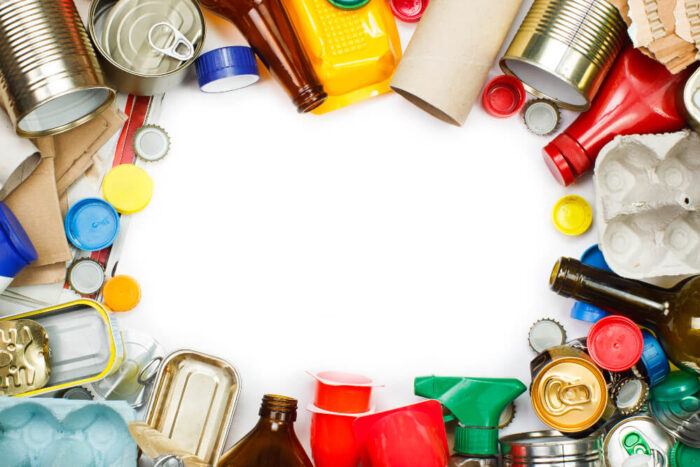Multinational companies are in trouble these days – in the form of failed consumer responsibility and the misuse of their products and services. Families of three people killed in Pennsylvania are suing Wal-Mart, alleging the retail giant sold ammunition to a man, who was underaged and drunk. Wal-Mart employees were accused of negligence in selling .38-caliber ammunition to 20-year-old Robert Jordain, failing to ensure that he was at least 21 years old as required by law. This case added fuel to the never-ending debate over a corporate organization’s role in responsible marketing of products.
End-to-end product responsibility
Yes, the responsibility of a producer doesn’t stop after the sale of a product or service. Extended producer responsibility is a concept designed to reduce the total environmental impact of a product, by making the product manufacturer responsible for the entire lifecycle of the product, especially for the take-back, recycling, and final disposal. Growing awareness about environmental degradation has led consumers to pressurize companies to become more sustainable.
New regulations on hazardous chemicals such as the Restriction of Hazardous Substances in Electrical & Electronic Equipment and Registration, Evaluation & Authorization of Chemicals and GRI’s Sustainability Reporting Guidelines on Product Responsibility have emerged. but does this free us from consumer responsibility?
Cases of neglected consumer responsibility
However, the key point to be considered here is not the end-to-end product responsibility of a company, but the misuse of products by consumers and a company’s responsibility thereafter! Besides Wal-Mart, a few other companies have been accused of irresponsible marketing of their products.
- The family of a 46-year-old Florida Sheriff, who was killed while providing police training in the Middle East, has sued Twitter, claiming the company knowingly permitted ISIS to use its service to spread extremist propaganda. While pointing fingers at Twitter, the family forgot that the person was employed by a private military contractor and very well understood the dangers associated with military training anywhere in the Middle East
- The daughter of the late actor Paul Walker sued carmaker Porsche for the crash that killed him in November 2013. The lawsuit claims the car lacked safety features that could have allowed Walker to survive the crash
- An NGO named Electronic Frontier Foundation has alleged that Cisco Systems built a security system for the Chinese government, knowing it would be used to track and persecute religious minorities. Many companies sell technology to regimes that violate human rights, and EFF feels this case can make them think twice
- Five lawsuits were filed in the US against the energy drink maker, Monster Beverages, in 2015 for causing serious injuries to those, who drink them in excess. An energy drink contains high amounts of caffeine and taurine, and its package usually contains a warning label advising consumers against drinking in excess
- Another classic example is an incident here in India. There was the Pune Facebook Riots in 2014. Someone anonymously posted derogatory photographs of Chhatrapati Shivaji and Bal Thackeray on Facebook, which resulted in riots that killed a few people
All these cases may blame the corporate organization that sold the product, but each of these cases highlights the dangers of neglecting consumer responsibility. How comes a consumer is not blamed for improper use of a product or service?
Actual case of corporate irresponsibility
There is a need to understand the difference between a good product produced by a responsible company and faulty product by a negligent company. While it is easy to blame a global sportscar brand, did anyone notice that many Indian cars failed the frontal crash tests conducted by the global testing agency NCAP? Particularly, Tata Nano received a “zero-star” rating for passenger protection! How is the car allowed to operate in India, when it has not met basic crash test norms? In India, crash test norms are different from those in Europe and the US. Indian cars are tested on much lower speed limits. Forget crash test norms, what happened to those Tata Nanos that caught fire? How many consumer complaints were filed against Tata Nano and did the company pay a hefty penalty for its negligence?
Fixing the blame
The eagerness to fix the blame on a private company comes from the underlying notion that businesses are fundamentally unethical. Some of us may want a socially desirable and morally responsible company in our society, but responsibility cannot happen in an isolated manner. When the entire society is corrupt, we cannot expect corporate organizations to become responsible. So, the responsibility for product misuse cannot be dumped on a company, while consumers continue to be irresponsible – producer responsibility and consumer responsibility have to go hand in hand.

